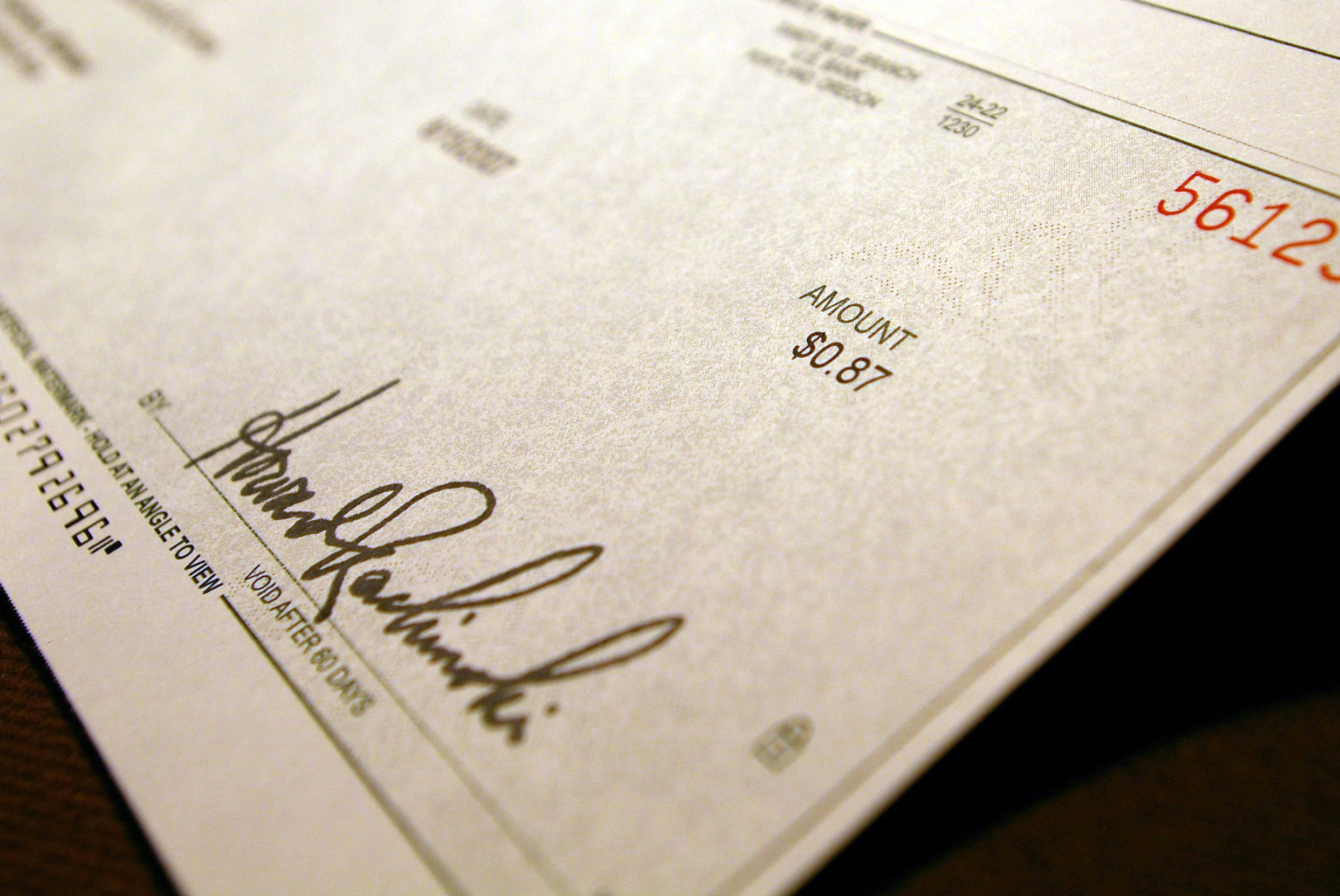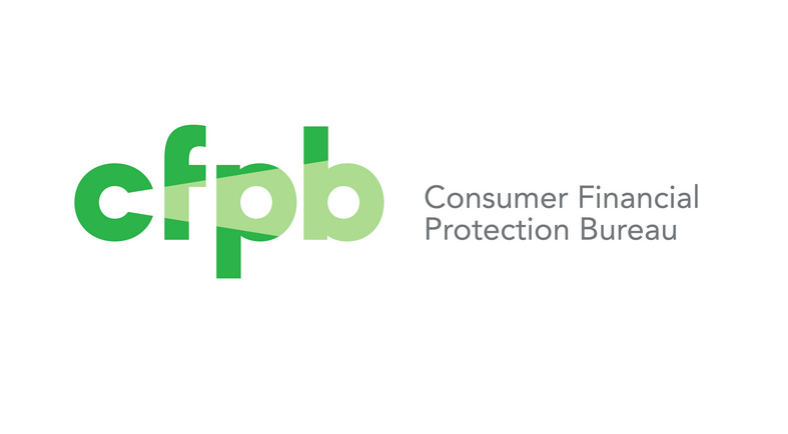Regulatory governmental agency Consumer Finance Protection Bureau (CFPB) released its first ever National Financial Well Being report that details consumer well being in the United States. The report details that 40 percent of all Americans do not meeting the average consumer well being score. Individuals all over the income spectrum could receive a good consumer well being rating if the following areas were met: “have control over day-to-day, month-to-month finances; have the capacity to absorb a financial shock; are on track to meet financial goals; have the financial freedom to make the choices that allow you to enjoy life.”
This study is the first research of its kind to measure financial well being without using an income base while examining factors relating to age, work status, and other demographic information. While there was no individual metric to examine small business owners in particular, individuals who owned a small business typically received the national average score for financial well being at a 54. So far in 2017, many household name retailers have filed for bankruptcy such as Toys”r”us, Payless, and again, RadioShack.
One unique issue that this report deals with is the concept that well being is not inherently tied up to income. A small business owner may have $100,000 in income and assets, but this may be tied up into paying insurance costs, employee salaries, and other variables tying into overhead. The ever-changing policy and economic landscape in the United States may leave individuals, who on the surface would appear to have it “made”, in dire straights.
Political and economic uncertainty can make it difficult for startups and small businesses to flourish. The same set of data that found that the self employed individual had an average economic well being also detailed that the lowest range of the well being spectrum went as low as a 35. The data seems to imply that many of the 40 percent who cannot make ends meet are may be self employed or small business owners themselves. Suffering in silence may be typical of the business that does not want to project financial insecurity.
One interesting take away from this study is how perceptions of success may not be on par with the reality of the bottom line. You may not be aware of the issues that your colleagues in the small business world or your customers may suffer from–but the struggle is more real than some would lead you to believe.
Alexandra Bohannon has a Master of Public Administration degree from University of Oklahoma with a concentration in public policy. She is currently based in Oklahoma City, working as a freelance filmmaker, writer, and podcaster. Alexandra loves playing Dungeons and Dragons and is a diehard Trekkie.






































